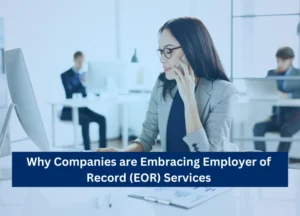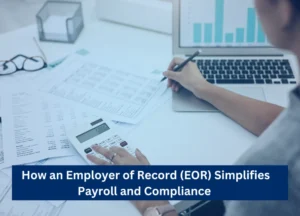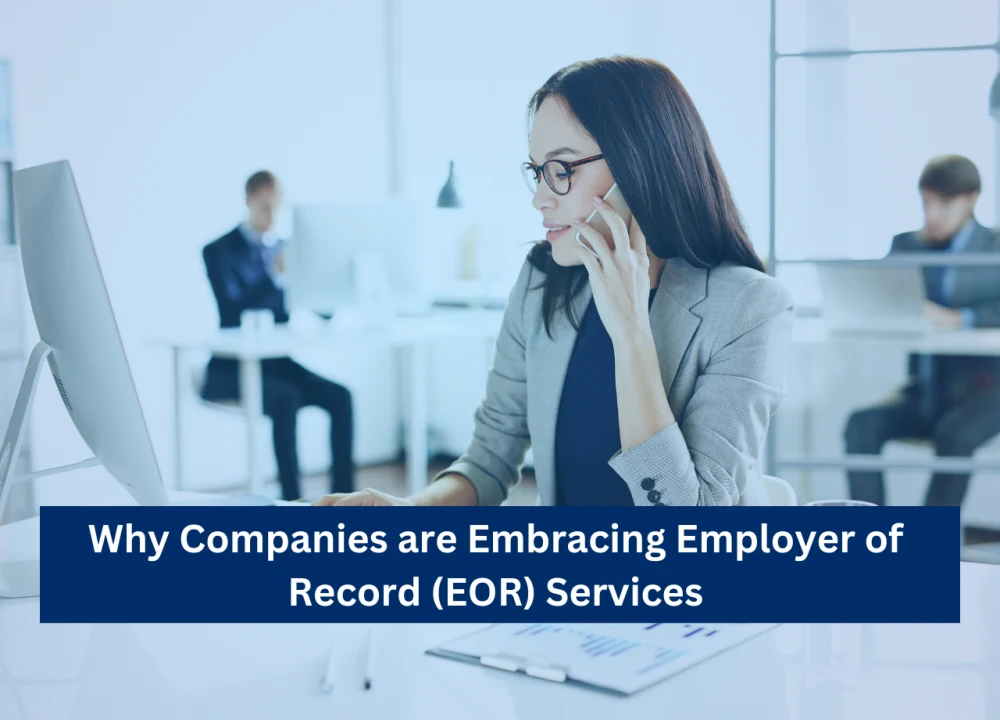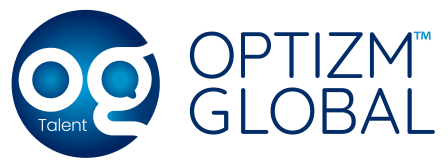Southwest Airlines co-founder Herb Kelleher once said that “culture is what people do when no one looks.” It follows, then, that our online workplace cultures will take on a more crucial role than ever before in a remote, socially disconnected working climate.
A research from 2019 reveals that for many U.S. workers, remote work is not new. However, having large swaths of a workforce suddenly scattered can test the cultural structure of an organization, especially in a time of economic instability, interrupted operations, and personal stress. During difficult times, companies with strong cultures prior to COVID-19 will continue to reap the benefits of the healthy workplace culture with concerted effort, capitalising on employee engagement and creativity to drive business continuity. It is likely that those with unhealthy working environments will struggle even more.
Taken together, leaders ask themselves critical questions such as: “Why will the culture of my company be influenced by a disparate workforce? Will we retain all our pre-COVID-19 efforts to sustain our positive culture and climate in the workplace? How will we make use of this extraordinary moment to strengthen our culture in the workplace?”
Below are steps that leaders at all levels of the company should take to maintain a strong organisational culture even though your workers are miles away, based on the experiences of employees who work remotely full time.
Identify strengths of the corporate culture
If you choose, first define the elements of your organisational culture are “mission-critical,” reflecting the heart or ethos of your company, to make a workplace culture continuity plan. Though “in-person” characteristics such as dress codes, events of acknowledgement, or office benefits may come to mind, dig deeper. Workplace culture is also guided, in other words, by the words and acts of the people, wherever they may be, by intangibles such as your purpose, beliefs, rituals, communication, and day-to-day interactions.
If established, you can then think of new ways in a remote environment to strengthen these cultural drivers. However, doing this work well involves efficient communication.
Interact with Intentionality
In your attempt to strengthen or preserve the essential elements of your positive workplace culture, particularly when workers are physically scattered, the significance of connectivity and positive communication cannot be overemphasized.
- Ensure that the workers have sufficient access to networks and tools to do their job and connect with those working remotely.
- Consider the equilibrium between the volume and quality of contact that exists.
- Solicit feedback on the cadence of meetings and schedule visibility from team members
- To ensure harmony with culture and values, to be mindful of the tone and content of communication
- To repeatedly proclaim the mission and ideals of your organization
Remote workers reportedly spent more time per week on meetings than on-site employees before COVID-19 and remote workers said meetings lowered productivity 1.8 times more than than on-site employees.
Thus, though replacing an in-person meeting or casual hallway conversation with a scheduled phone call or web conference can seem fair, too many meetings may reduce efficiency and morale. To avoid overbooking your staff, especially those who juggle child care or other requirements during the working day, request their input-this implies a degree of teamwork and consideration, and encourages efficiency, in a way that doesn’t sound like micromanagement.
As tension, exhaustion, and incivility in online environments become more pronounced, a physically-distant work atmosphere may also build conditions ripe for digital abuse. Fix warning signs of insensitive, culture-harming actions early by regularly highlighting the purpose and values of your company and engaging with sensitivity, flexibility, and positive intent. This will go a long way in this “new normal” to preserve and improve the community.
Reimagine practices in the workforce and make some modern ones
One article posits that “a workplace’s rituals are its continuing and repeated activities. They are the conventions, customs, procedures, ceremonies, events, and arrangements for physical workspaces.” These formal and informal practices create shared experiences that contribute to unique cultures in the workplace and drive engagement and retention.
Here are a few suggestions for reimagining them in a remote area if those workplace customs are important to your culture:
- Continue to exchange updates on knowledge and improve business principles through virtual all-hands meetings. If necessary, document them so that workers who are unable to attend due to caregiving obligations or other conflicts can completely participate.
- Spotlight new hires and anniversaries of employees by photographs of employees in their home workspace and with their “coworkers” (pets, family)
- Encourage social interactions through video conferencing or chat rooms, such as immersive movies, book clubs, coffee meetings, happy hours or lunch groups.
- Celebrate the accomplishment of team milestones, employee accomplishments, or birthdays of workers with a virtual party
- Using Employee Resource Groups to organize virtual meetings, discussions and development opportunities for particular staff communities and their supporters if your company has them.
- To substitute your company picnic or team-building experience, arrange a virtual volunteer activity. For instance, Volunteer Match offers a long list of virtual opportunities related to support for COVID-19 and other causes. Make workers exchange stories with their colleagues about how they worked.
Finally, in organizing these events, keep inclusion top of mind. For instance, ensure that team members can participate who do not drink alcohol or coffee, or who have family care responsibilities or other accessibility needs.
Conclusion
A healthy culture in the workplace is not something that is ever done, but an ongoing process requiring commitment and purpose. And now, more than ever, a positive culture is not a “nice one to have”: for business continuity, it is mission-critical. During this extraordinary time where “no one is looking,” it is what will keep your company going. So the question shouldn’t be how can your culture survive, but how can it thrive?












